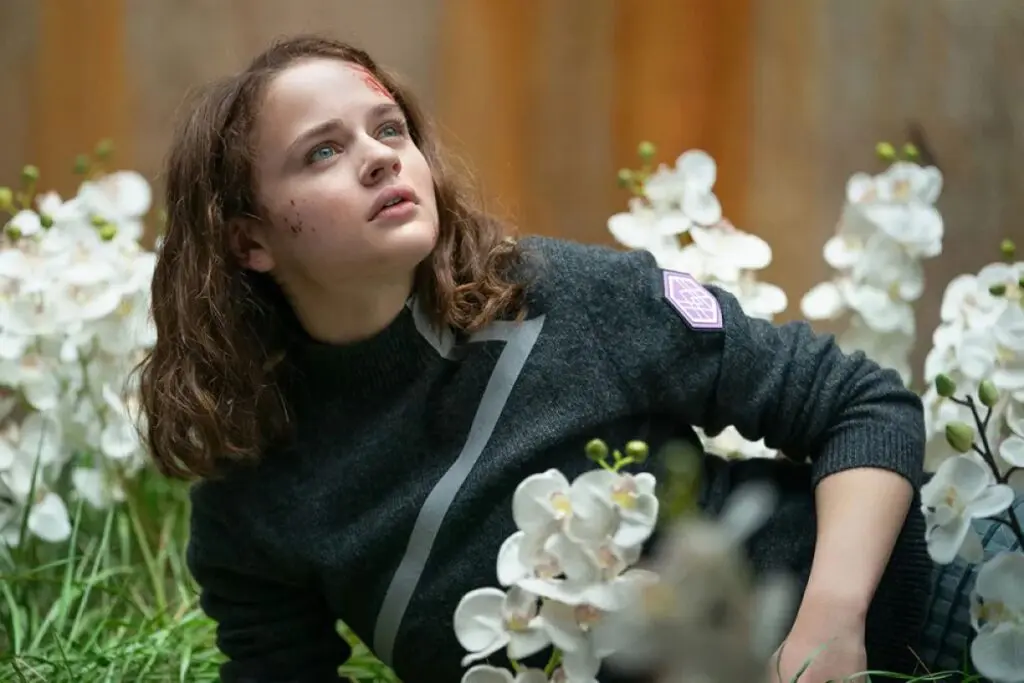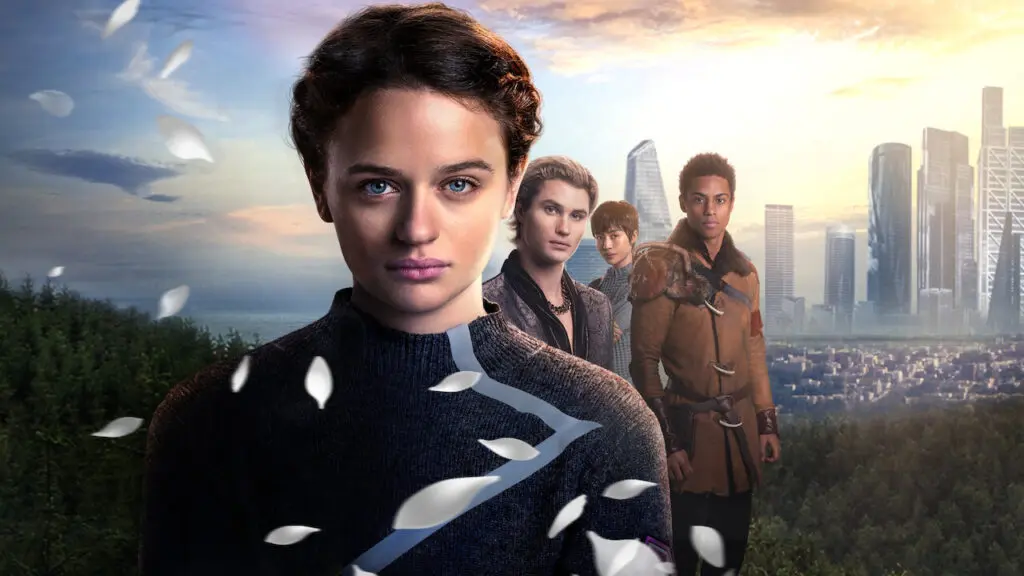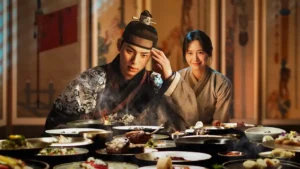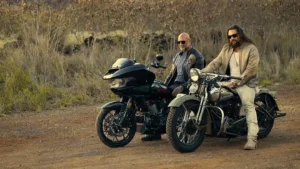Summary
Uglies is extraordinarily ill-advised YA slurry. The most impressive thing about it is that apparently nobody thought making it was a bad idea.
In Uglies, McG’s Netflix adaptation of Scott Westerfeld’s 2005 book of the same name, Joey King wants to be pretty. At one point, the Hollywood starlet looks in a mirror and begs the techno-future glass to make it so. The reflection looks exactly like her, just with an IG filter.
This is what happens when it’s obligatory to cast hot young actors in dystopian YA fiction but the fiction in question hinges on the idea of the characters being repulsive. Yes, I get the point that they’re only supposed to be ugly to themselves, a consequence of advanced state-level gaslighting, but it’s weird for a movie about body image titled Uglies to exclusively star actors who look like they’ve just wandered off the set of a magazine photoshoot.
I think it’s weird, anyway.
But this, sadly, is the least of the movie’s problems, which follows the dystopian YA playbook to the letter and delivers a relentless procession of ropey CGI action sequences interspersed with inane love triangles and overly dramatic nonsense. It takes all the goodwill earned by worthwhile projects in this genre like The Hunger Games and splurges it on a movie that seems like it’s actively trying to be as stupid as possible.
And the premise is bonkers. It’s taken from the books, of course, which I haven’t read and, after this, have no desire to investigate further, but a litany of people must have signed off on the script. Did none of them raise a single objection to how dated this idea might feel in 2024? The mind boggles.
Anyway, the idea is this: In a speculative future where humanity’s overuse of fossil fuels has choked regular existence in ruinous smog, a new society has emerged that is intended to strip away the natural formation of social hierarchies by making everyone “perfect”. This is achieved by a system in which everyone gets mandatory plastic surgery when they hit 16, at which point they’re moved out to a glamorous city where they do nothing but lounge around with other beautiful people and think simple thoughts.
Joey King, who is 25, plays 15-year-old Tally, a bit of a rule-breaker who nonetheless cannot wait to turn sixteen and become Pretty, like her best friend Peris (Chase Stokes). These two have fun nicknames for each other – “Squint” for her; “Nose” for him – that speak to a culture of self-hatred reinforcing the state’s nutty plastic surgery idea.
Some people – namely a wilderness resistance movement known as The Smoke – have realized that this is all somewhat less-than-ideal and likely a cover for more sinister motives, and through her rebellious hoverboarding friend Shay (Brianne Tju), Tally is introduced to the rebels and their conveniently handsome leader, David (Keith Powers).
Thanks to the influence of Laverne Cox’s Dr. Cable, Tally is stuck between a rock and a hard place, weighing up the life she thought she knew and the potential prettiness of her future with her newfound desire to hang with the cool kids. I grant that it sounds like one, but no, this isn’t a parody.

Joey King in Uglies | Image via Netflix
What’s interesting is that the novel predates a lot of the stuff that now feels egregiously tropey, so there’s a case to be made that Uglies isn’t really at fault for how dated it feels. But this is no real argument. This is a movie released in 2024, post Hunger Games, Divergent, and The Maze Runner, into a media climate so accustomed to the story’s most fundamental underpinnings that it’s incomprehensible to me that anyone thought releasing it was a good idea.
But it’s the obviousness with which nobody is trying that grates. King, at 25, is one of the youngest actors in the cast, even though everyone’s supposedly playing teenagers. Keith Powers is 32, for goodness sake. Almost my age! And here he is frolicking in the woods, introducing his new 15-year-old beau to his parents (Jay DeVon Johnson and Charmin Lee, looking absolutely bewildered to be here.)
This isn’t just nitpicking. It makes the character dynamics wildly inauthentic and constantly pulls you out of a plot that asks for an unreasonable suspension of disbelief in the first place. The setting, outfits, CGI, action, and worldbuilding are so generic that, rather impressively, there isn’t a single element of the entire production that stands out as interesting, unique, or inspired.
Perhaps most egregiously of all, considering that, as mentioned at the top, the “pretty” version of Tally is just her usual face with an Instagram filter, at no point does Uglies even try and be a commentary on the idea of influencers, social media, and warping beauty standards. The topical update to the story is right there, and it was just ignored in favor of another 90 minutes of forgettable, predictable YA slop.
A shame. But also, at this point, not really a surprise.
RELATED:




